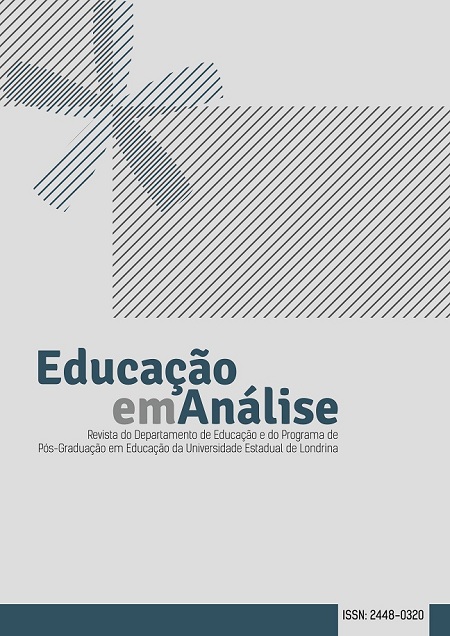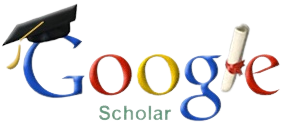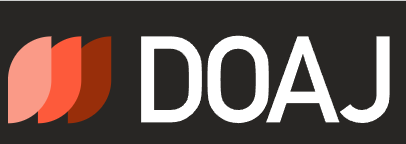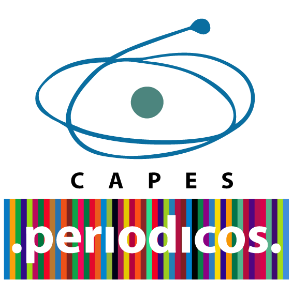John Dewey's influence on elf teaching in Argentina
DOI:
https://doi.org/10.5433/1984-7939.2020v5n2p279Keywords:
John Dewey, English Language Teaching, Communicative approach, Teacher trainingAbstract
In the present article, the autor identifies the main main ideas in John Dewey's educational philosophy, such as the learning experiences, the social construction of language as well as the relevance of active experimentation as part of the learning process to foster empowering and participatory attitudes for life. Despite the loose and biased interpretations in Argentina, the notions of pragmatic-experimentation were valued and implemented in institutions closer to the private education. Bilingual and private language schools have been foregoers in the use of English language teaching (EFL) methodologies within the Communicative Apporach, which are derived from social constructivisom, as proposed by Jerome Bruner, and Systemic Functional Linguistics (SFL), by M.A.K. Halliday, as well as fostering socio-pragmatic competence for multicultural interaction. As a contribution to the curriculum design in 1994-1995, 2007 y 2018, the communicative approach became the prescribed metoholodology for teaching EFL in all levels of education, including initial teacher training programs, as required in curriculum design for terciary level in Buenos Aires Province, 1999 and 2017.Downloads
References
https://digitum.um.es/jspui/bitstream/10201/2172/1/919582.pdf Acceso en: 4 abr. 2020.
BACHMAN, L. Fundamental considerations in language testing. Oxford: Oxford University Press, 1990.
BUENOS AIRES. Dirección General de Cultura y Educación. Dirección Provincial de Educación Superior. Profesorado de inglés. La Plata: Dirección General de Cultura y Educación, 2017. Disponible en: https://isfd52-bue.infd.edu.ar/sitio/nuevo-disenocurricular-profesorado-de-ingles-2018/upload/anexo_disen_o_ingles.pdf Acceso en: 4
abr. 2020.
BROWN, D. Principles of language learning and teaching. 5th ed. New York: Pearson ESL, 2006.
BRUNER, J. The process of education. Cambridge: Harvard University Press, 1972.
CANAGARAJAH, S. Lingua franca English, multicultural communities and language acquisition. The Modern Language Journal, Madison, v. 91, p. 923-939, 2007.
CANALE, M.; SWAIN, M. Theoretical bases of communicative approaches to second language teaching and testing. Applied Linguistics, Oxford, v. 1, n. 1, p. 1-47, 1980. Disponible: https://es.scribd.com/doc/239755533/Canale-Swain-1980 TheoreticalBases-of-Communicative-Approaches-of-Second-Language-Teaching-and-Testing Acceso en: 4 abr. 2020.
CARUSO, M.; DUSSEL, I. Dewey en Argentina (1916-1946): tradición, intención y situación en la producción de una lectura selectiva. Encuentros sobre Educación, [Washington], v. 10, p. 23-41, 2009.
CELCE-MURCIA, M. Language teaching approaches: an overview. En: CELCE-MURCIA, M. Teaching english as a second or foreign language. 3rd. ed. United States: Heinle & Heinle, 2001. p. 3-11
CONSEJO FEDERAL DE CULTURA Y EDUCACIÓN. Acuerdo marco para la Enseñanza de Lenguas. 7 mayo 1998. Disponible en: http://www.bnm.me.gov.ar/giga1/documentos/EL000478.pdf Acceso en: 4 abr. 2020. Dewey, J. Democracy and Education, 2016. Retrieved on April 2020, from: https://www.gutenberg.org/files/852/852-h/852-h-htm
DEWEY, J. The school and society. Chicago: The University of Chicago Press, 1956.
DEWEY, J. Democracy and education. New York: The Free Press, 1966.
DEWEY, J. My pedagogic creed. In: Journal of the National Education Association, Vol. 18, Nro 9, pp. 291-295. Dec. 1929
DEWEY, E. Schools of tomorrow. New York: E.P. Dutton & Company, 2015. E-book.
EGGINS, S. Introduction to systemic functional linguistics. 2nd ed. New York: Bloomsbury Publishing, 2005.
GARRISON, J.; NEWBERT, S.; REICH, K. John Dewey's philosophy of education: an introduction and recontextualization for our times. New York: Pelgrave-Macmillan, 2012.
HALLIDAY, M. A. K. Language as social semiotic: the social interpretation of language and meaning. London: Edward Arnold, 1978.
HINKEL, E. Building awareness and practical skills to facilitate cross cultural communication. En: CELCE-MURCIA, M. Teaching english as a second or foreign language. 3rd ed. United States: Heinle & Heinle, 2001. p. 243-258
HYMES, D. Competence and performance in linguistic theory: acquisition of languages: models and methods. New York: Academic Press, 1971.
JENKINS, J. World englishes: a resource book for students. 3rd ed. Abingdon: Routledge, 2015.
MURRAY, E.; CHRISTISON, M. A. What english language teachers need to know. New York: Routledge, 2011. Oxford, R. Language learning strategies: what every teacher should know. Boston: Heinle-ELT, 1990.
SAVIGNON, S. Communicative langauge teaching for the twenty-first century. En: CELCE-MURCIA, M. Teaching english as a second or foreign language. 3rd ed. United States: Heinle & Heinle, 2001. p. 13-28
TOCQUEVILLE, A. Individualism stronger at the close of a democratic revolution than at other periods. En: TOCQUEVILLE, A. Democracy in America. [S. l.: s. n.], 1840. Book 2. Disponible en: https://marxists.architexturez.net/reference/archive/detocqueville/democracyamerica/ch27.htm Acceso en: 4 abr. 2020.
Downloads
Published
How to Cite
Issue
Section
License
Copyright (c) 2020 Educação em Análise

This work is licensed under a Creative Commons Attribution 4.0 International License.
Os artigos publicados na Revista Educação em Análise estão sob a Licença Creative Commons Atribuição 4.0 Internacional, garantindo Acesso Aberto. Deste modo, os autores mantêm os direitos autorais de seus trabalhos e, em caso de republicação, solicita-se que indiquem a primeira publicação nesta revista. Essa licença permite que qualquer pessoa leia, baixe, copie e compartilhe o conteúdo, desde que a devida citação seja feita. Além disso, autoriza a redistribuição, adaptação e criação de obras derivadas em qualquer formato ou meio, incluindo uso comercial, desde que a atribuição à revista seja mantida.
A revista se reserva o direito de efetuar, nos originais, alterações de ordem normativa, ortográfica e gramatical, com vistas a manter o padrão culto da língua e a credibilidade do veículo. Respeitará, no entanto, o estilo de escrever dos autores. Alterações, correções ou sugestões de ordem conceitual serão encaminhadas aos autores, quando necessário.
As opiniões emitidas pelos autores dos artigos são de sua exclusiva responsabilidade.
























